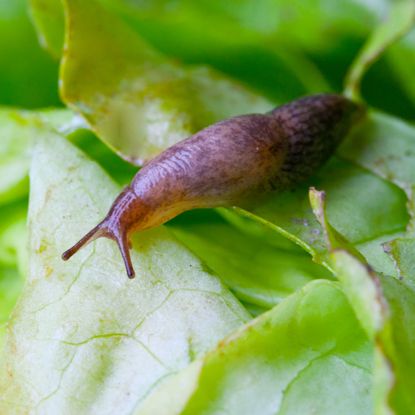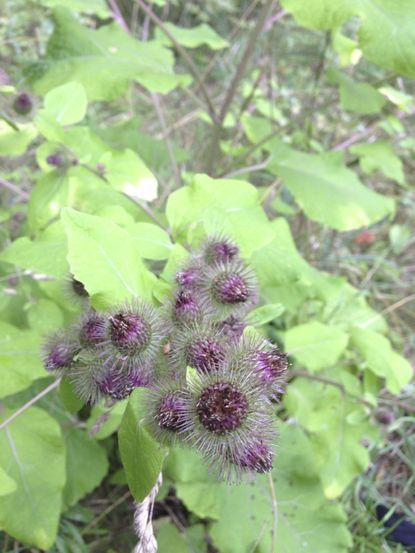
Caroline Bloomfield
With a deep history of gardening in her background as well as master gardeners and a horticulturist in her family tree, Caroline has enjoyed living in several different regions of the country, She has learned to garden in diverse climates including the damp coastal northwest, the extraordinary heat of the south, and the chilly climes of New England. Settled in the Pacific Northwest, her surroundings include dogwood, magnolia, lilac, Japanese maple, and elm trees, as well as herbs and flowers and an occasional vegetable.
As a writer, Caroline graduated with honors from Southern Maine University in 1998 and has been creating, writing, and editing in a wide range of subject areas and voices for 19 years. Her writing background includes business communications, magazine articles, mobile security, tech and legal writing and blogging, with a special interest in SEO and UX writing. Her marketing and public relations background is based in the field of educational media. Formerly a senior litigation paralegal, Caroline adds to her gardening and writing interests as a licensed hypnotherapist, a certified Quantum healing practitioner and lover of European travel. She is also a big fan of Maui.
Caroline has been with Gardening Know How since January of 2019 as manager of marketing communications, serving in editorial and marketing capacities. Since joining the GKH team Caroline has been instrumental in assisting with various marketing campaigns, including the creation of sponsored posts in the company’s business-to-business division. She has interviewed and written detailed profiles for GKH’s community garden sponsorship program and served as liaison between grant recipients and the company. In addition to co-writing the company’s e-books and web copy, she is responsible for copy-editing hundreds of new gardening articles for the company’s website and blog, ensuring they are brand appropriate, reliable, informative, and optimized for the Internet.
Latest articles by Caroline Bloomfield
-
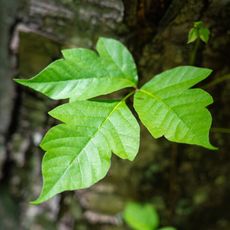
How To Identify Poison Ivy To Prevent A Painful Rash – Plus, Common Lookalike Plants
One mistake you don’t want to make is not knowing what poison ivy and oak look like. Learn about the differences in some poisonous plants to avoid.
By Caroline Bloomfield
-
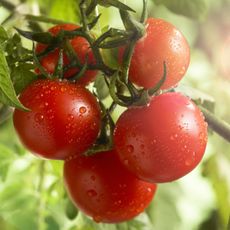
How To Grow Tomatoes Like A Pro
Nothing much compares to the juicy taste of a red, ripe tomato straight out of the garden. These delectable fruits not only taste great but are quite easy to grow. Get tomato growing tips in the article that follows.
By Caroline Bloomfield
-
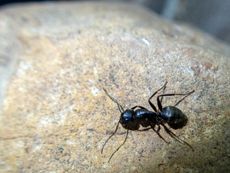
CARPENTER ANTS - A DIY GUIDE
Carpenter ants don't eat wood and, with a bit of patience, you can eliminate them with homemade remedies.
By Caroline Bloomfield
-
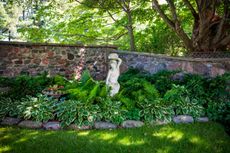
Shade-Loving Plants for Sunlight-Deficient Spots
A shady area on your property is an opportunity to grow an oasis of shade-loving plants.
By Caroline Bloomfield
-
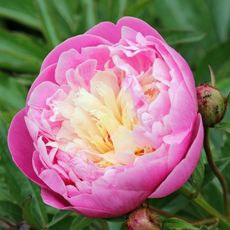
How To Grow Peonies The Right Way
Peonies are showstoppers in the garden, as long as you treat them right. We've got everything you need to know.
By Caroline Bloomfield
-
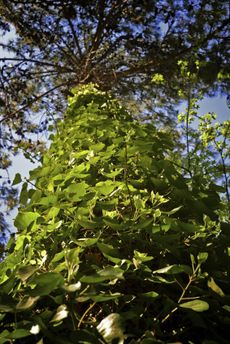
English Ivy Tree Damage: Tips On Removing Ivy From Trees
Without periodic pruning, the English ivy vine can become a nuisance when it climbs your trees. Learn about ivy damage to trees and what to do about it.
By Nikki Tilley
-
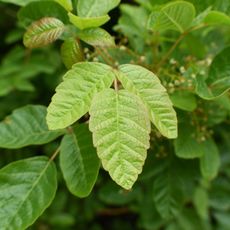
Poison Oak Removal: Learn How To Get Rid Of Poison Oak Plants
Poison oak growing near your home can be disturbing. Unfortunately, getting rid of poison oak is not easy, but it's possible to get it under control. Here's how.
By Teo Spengler
-
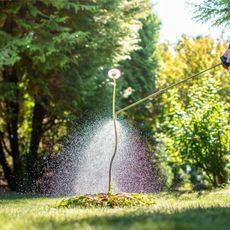
Most Effective Roundup Alternatives For A Safe & Weed-Free Garden
The use of chemical weed control is surrounded by uncertainties and debate, especially Roundup and its effects. Are there safe alternatives to Roundup for weeds in the garden? There are. Click on the following article for more information.
By Mary H. Dyer
-
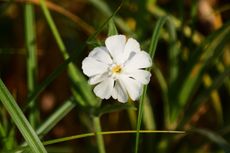
What Is White Campion & How To Control White Campion Weeds
It has pretty flowers, but is white campion a weed? Yes, and if you see flowers on the plant, the next step is seed production, so it?s time to take measures to control it. Here is some white campion info that will help you if this plant has appeared on your property.
By Ilana Goldowitz Jimenez
-
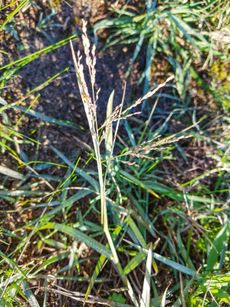
Torpedograss Weeds: Tips On Torpedograss Control
How to safely and naturally get rid of torpedograss presents a great challenge, but it can be done.
By Bonnie L. Grant
-
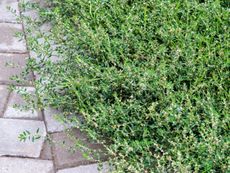
Controlling Prostrate Pigweed - Tips To Remove And Kill Prostrate Pigweed
To kill prostrate pigweed amend your sandy soil, put on your gloves, and start pulling them out by the roots.
By Heather Rhoades
-
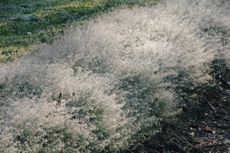
Managing Tumbleweeds – Learn About Russian Thistle Control Methods
If you view tumbling tumbleweed as an icon of the American West, you are not alone. Tumbleweed's real name is Russian thistle and it is very, very invasive. For information about Russian thistle weeds, including tips on how to get rid of Russian thistle, click here.
By Teo Spengler
-
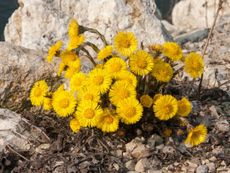
Coltsfoot Information: Learn About Coltsfoot Growing Conditions And Control
Once valued as medicine, Coltsfoot can invade your garden space. It's easier to eradicate than some, but it takes a bit of perseverance.
By Jackie Carroll
-
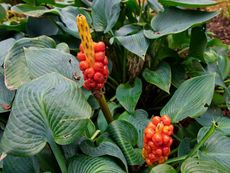
Italian Arum Control: Learn How To Deal With Arum Weeds
It's classified as a toxic weed, so you'll need to control Italian Arum before it takes control of your garden.
By Bonnie L. Grant
-
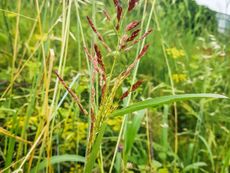
Controlling Johnson Grass and How To Kill Johnson Grass
Johnson grass has plagued farmers since its introduction as a forage crop. Many states require landowners to kill the invasive and noxious Johnson grass.
By Becca Badgett
-
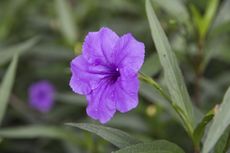
Is Ruellia Invasive: Tips On How To Get Rid Of Mexican Petunias
Pretty Mexican petunia, or Ruellia, has been designated as invasive in 9 states. Be sure to buy the right cultivars.
By Kristi Waterworth
-
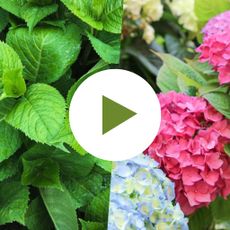
Hydrangea Not Blooming? Here's Why & How To Get Tons Of Gorgeous Flowers
A hydrangea not blooming is a massive disappointment. Here are the most common reasons why your shrub refuses to bloom and how to make it full of flowers.
By Caroline Bloomfield
-

The Grow Garden at GIVE - 2022 Grant Recipient
This alternative school in Georgia is using its garden to teach kids in all new ways.
By Caroline Bloomfield
